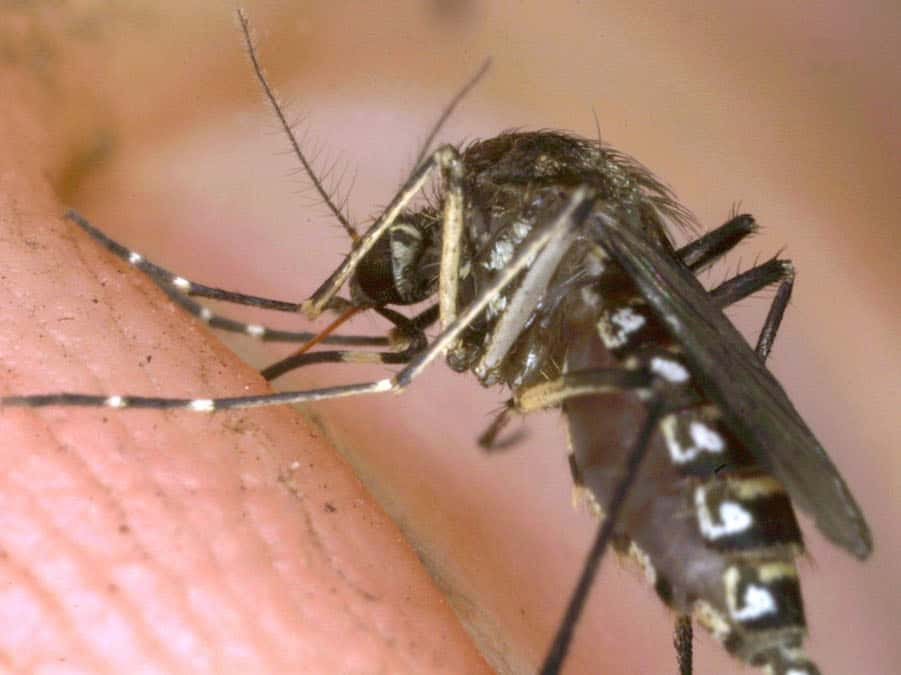As the Carolinas recover from record flooding stemming from Hurricane Florence, a new problem has developed for the region: giant mosquitos.
According to the Fayetteville Observer, the leftover puddles and mud from Hurricane Florence have created the perfect breeding ground for large, aggressive mosquitos. Some have described the infestation of mosquitos as a “bad science fiction movie.”
“A bad science fiction movie,” Fayetteville, North Carolina resident Robert Phillips told the Observer. “They were inundating me, and one landed on me. It was like a small blackbird. I told my wife, ‘Gosh, look at the size of this thing.’ I told her that I guess I’m going to have to use a shotgun on these things if they get any bigger.”
The Observer noted that breeds such as the “gallinipper” or “shaggy-legged gallinipper” have been able to thrive in the muddy environment left behind from Florence. These breeds are considered larger and more aggressive than other breeds of mosquitos. They also leave more painful bites for humans.
“In a normal year, in the absence of a hurricane or significant rainfall, most of those eggs would probably die before ever getting a chance to hatch,” Michael Reiskind, an entomology professor at North Carolina State University, told the Observer. “But with all the water that has come up, they have gotten a chance to hatch. In some cases, the eggs may live one year.”
North Carolina Roy Cooper has set aside $4 million in mosquito control following the hurricane.
As conditions begin to dry out, the conditions should make it more challenging for large mosquitos to breed.
To read the Observer’s full report, click here.








